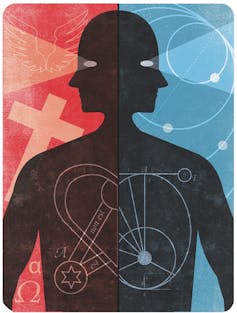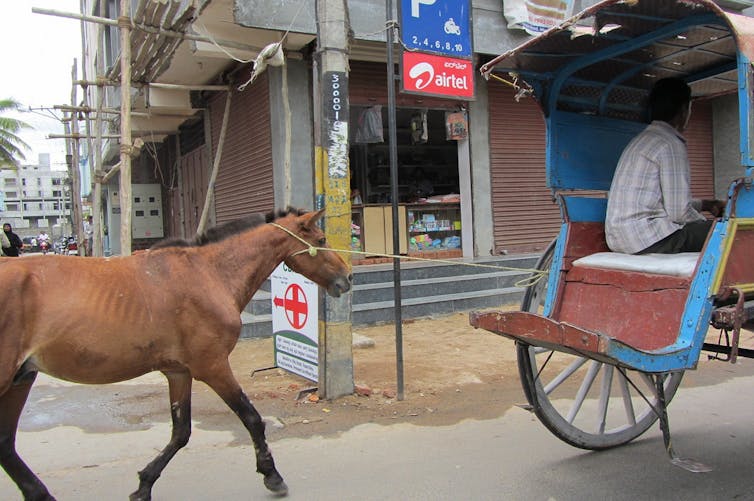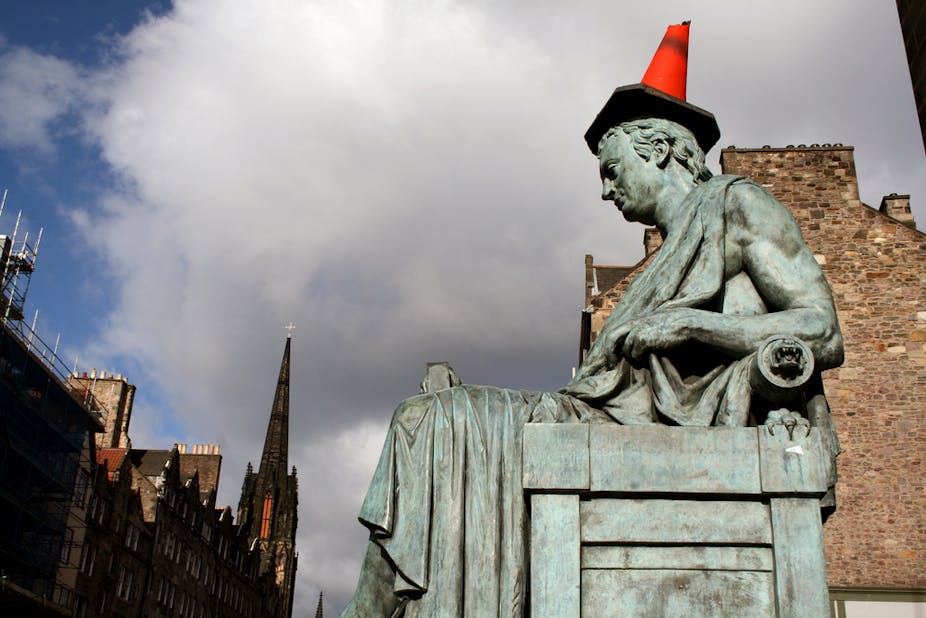If you listen to the debate between science and society in most of the West, you get one version or another of the linear model. Science comes first. When it is “settled”, society will know what to do. This is as true in the climate debate as it is in innovation. First comes the “breakthrough” and then the widget gets commercialised. Much of the economic development of the West has been driven by this “knowledge based” worldview.
It worked quite well when the problems were simple and the benefits easily captured – from steam engines to early antibiotics – but the world is changing. Now, the interaction between society, the economy and the environment is much more complex and recursive. Growth and development have changed the world and knowledge of that change is, in turn, changing our response. Knowledge and society interact.
Environmental management is a moral issue: “ought” is important
Stephen Gardiner argues that complex environmental management problems raise huge moral and ethical issues. They are often characterised by uncertainty, institutional vacuums, a multiplicity of responsible agents, long time lags and theoretical ineptitude.
It is only too easy to fall prey to moral corruption: to put off a decision or pass the buck to others – even future generations. Problem solving and innovation must go hand-in-hand with difficult ethical decisions.

If we use the linear model then we fall into a problem raised by David Hume in 1739. Hume’s Guillotine concerns the fallacy of “is-ought”. We can try to decide what “is”, but that does not reliably tell us what we “ought” to do about it: this is a problem of ethics.
The situation is made more difficult by differing world views and environmental ethics: we harbour a plurality of rationalities.
We must be very careful not to be judgemental here; each of us has a particular worldview while others may take a different position. These are “contradictory certainties”. The result is policy and political disputes; politics gets democracies to work by getting people with differing world views to agree on a combined course of action.
Science is not value-free
Science and the linear fallacy get embroiled in this political debate because environmental science is not value free. It has its own world view – that of systems and computer models, of cybernetics and predictions – beautifully illustrated by Adam Curtis in his recent TV documentaries “All watched over by machines of loving grace”. The science community sees this complex world from the “top down”; a system to be managed by regulatory or strong market interventions.
This does not sit well with those who favour self-seeking actions and unfettered competition. There is strong disagreement over what “is” and what “ought” to be done. As the issues become more pressing – be it climate science or the debate over water allocation in the Murray Darling – it is not surprising that environmental science has become a “contact sport”.
How can we progress in a less combative manner? We must recognise there are “contradictory certainties” within society and that just about every statement about what “is” and what “ought” to be done comes laden with values and personal biases (this applies equally to the Greens, to business, to the unions and to science).
So, in a democracy we must always seek the clumsy, negotiated solutions and we must pay attention to governance models and effective dialogue with interested parties.

Put science second
We should turn the linear model around and begin, not with science but with social engagement and consultation. In a more networked model of innovation and environmental management, science has a key role in informing, but not driving, the debate.
Others - including Brian Wynne - have been working on this project for more than 20 years. Mike Young’s approach was “robust reform”: robust to future shocks and an attempt to balance equity, environmental integrity and economic efficiency.
Robust reform incorporates aspects dear to the hearts of all the “contradictory certainties”: defining and setting limits and safe minimum standards, rationalising and simplifying legislation, increasing use of market-based instruments, standardising accounts, capturing rents and ensuring compensation is paid.
There is a workable middle ground in the realm of eco-innovation, politics and ethics. It is time to resurrect this 20-year-old project; time to go beyond the modern fascination with the linear model, with “predict-act” and “evidence-based” policies. It is time to close the gap between the natural and the social sciences and to find a way to a set of robust socio-economic reforms. Science must be more a servant of society and less a driver of “is-ought”.
Above all we should remember that taking ethical decisions in democratic societies is not quick. It takes decades to build consensus through leadership and debate. It has taken a couple of decades to build the institutions and capabilities of regional catchment management authorities and natural resource management boards in Australia.
But it may be much quicker to start at the bottom and build consensus - informed, but not bullied, by science - than to fall into the “is-ought” fallacy driven by the linear model.

